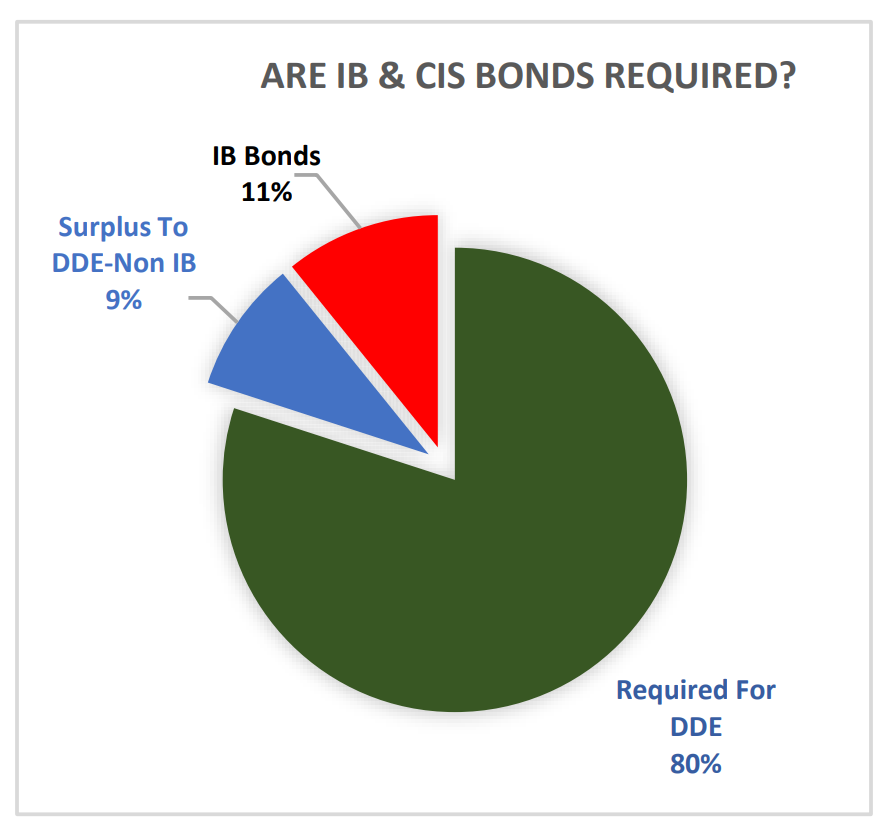Adjust Fiscal Measures And Save ¢83.5bn; Don’t Touch Our Funds – IBF To Government
The Individual Bondholders Forum (IBF) has proposed some fiscal measures it say can help government save ¢83.5 billion, insisting the Ministry of Finance must not touch their funds.
According to the group, government can save ¢20 billion from privatizing selected State Owned Enterprises to Tier-2 pension funds to drive efficiency and productivity.
“The measures proposed, per the estimation of the IBF yield net savings of ¢83.5 billion. The IBF holds the position that the recommendations are competent enough to urgently address the fiscal challenges and enable us to reach the desired 55% debt-to-GDP target proposed to the IMF”, a statement signed by Senyo Hosi, Convener of the IBF, and Samuel Arkhurst, Director at the Ministry of Finance said.
The statement was issued by the Government of Ghana-Individual Bondholders’ Forum Technical Committee on the Exclusion of Individual Bondholders from the Domestic Debt Exchange Programme.

Providing some more recommendations, the IBF said that the budget provision for the energy sector shortfall of ¢23 billion should be revised downwards by ¢3 billion through the reduction of transmission losses, technical losses, and administrative inefficiencies.
It also stated that government must maintain the 2022 capital expenditure level by reducing the non-Annual Budget Funding Amount (ABFA), Municipal and District Assembly budget and foreign finance of Capital Expenditure by 50 percent.
“Cap the subsidies on the premix petroleum at ¢200 million thereby reducing the budget by ¢150 millon. Owing to the wanton abuse of this subsidy, provide discount coupons to registered fisherfolks for the purchase of premix”.
The IBF also advised government to pursue the recovery of lost fund through financial irregularities of Municipal Development Agencies in the Auditor General’s Reports from 2015 to 2022. That exercise, the IBF, say could bring in ¢13.9 billion.
In the oil and gas sector, the group stated that oil production has dropped from over 200kbpd to below 160kbpd yield revenue loss more than $300 million (¢3.6bn) in 2022.
“The government should, as a matter of urgency, review the regulatory and fiscal environment to encourage existing producers to ramp up production and develop new fields”.
“Government should exercise its right under the Aker petroleum agreement (Deepwater Tano) to repossess the block or compel the immediate commencement of development by the contractor. This field has the potential of delivering up to 100kbpd yielding over GHS5.6bn per year to the government”, it added.
To increase revenue, the IBH urged government to expedite reforms to enforce property taxes.
It suggested that “with landed properties of circa 2,200,000 in Ghana (Ghana Population and Housing Census 2021), we anticipate that achieving an average annual rate of ¢1,000 per property at a collection efficiency of 50%, will yield the government over ¢1.1 billion in revenue”.
“Rise above politics and fully enforce the VAT invigilation that saw the rise of VAT revenue by 1000% in some cases. This assumes a 15% over the 2023 estimated VAT collection of ¢23.7 billion”, the statement said.




